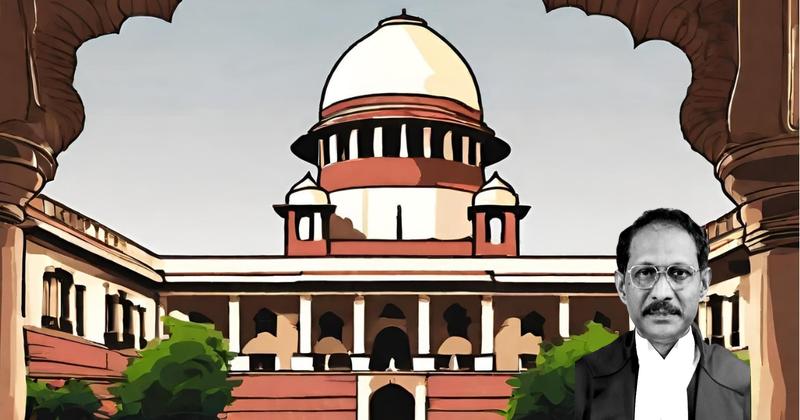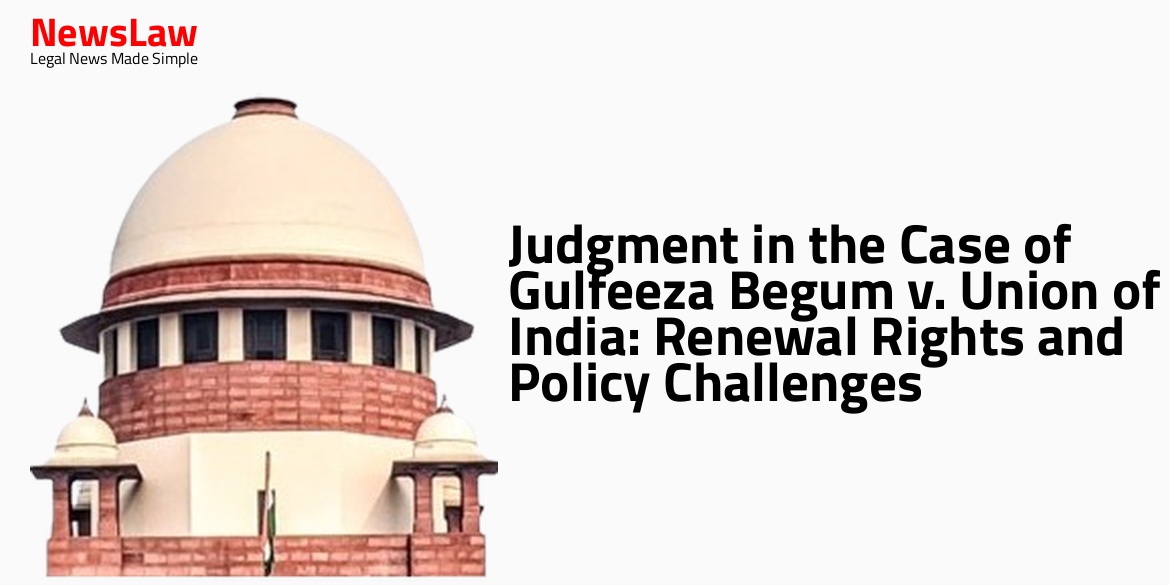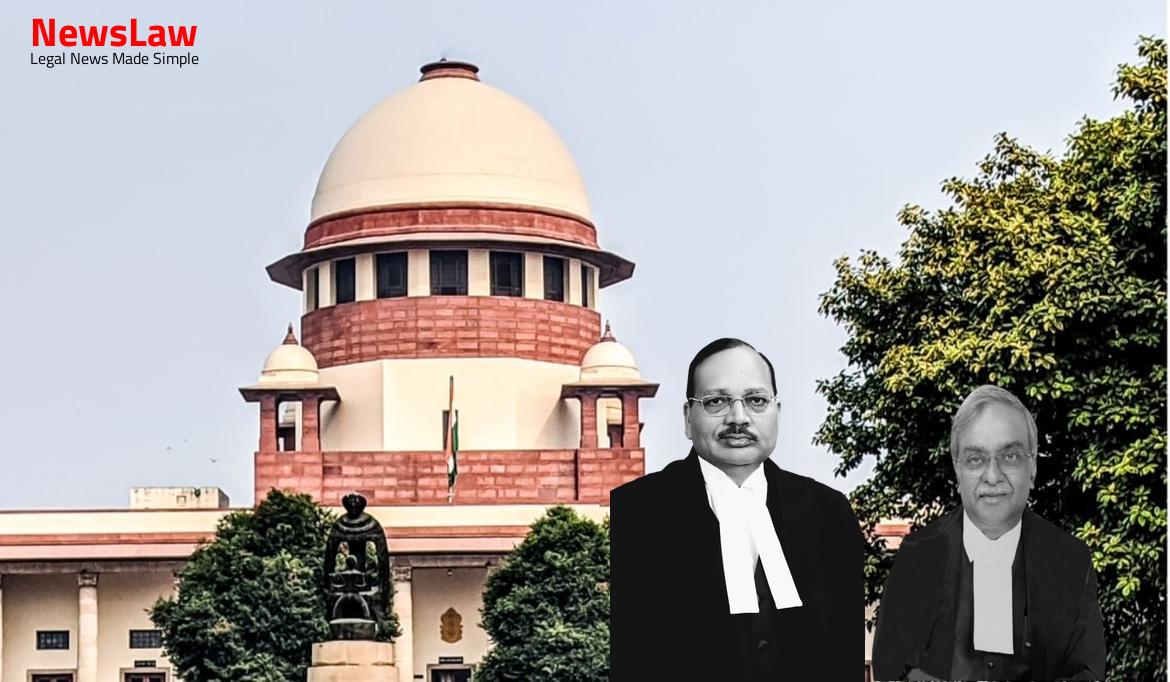In a significant ruling by the Supreme Court of India, the Madhya Pradesh Labour Laws (Amendment) & Misc. Provisions Act, 2002 has been upheld. The case involved the challenge to the legality of transferring labour law offence cases back to regular criminal Courts. The respondents contended that this Amendment aimed to promote industrial harmony within the context of labor disputes. Let’s delve into the details of this crucial judgement.
Arguments
- The parties assailing the Amendment argued that shifting the trial of labor dispute criminal cases to Labour Courts was meant to promote industrial harmony.
- They contended that this objective was conferred by Legislation.
- The Amendment was viewed as a measure to promote industrial harmony within the context of labor disputes.
Also Read: Supreme Court Judgment on Single Till Mechanism for HRAB Calculation: A Comprehensive Analysis
Analysis
- The history of assigning labour law offence cases to Labour Courts from 1981 to 2002 was highlighted.
- The Madhya Pradesh Amendment Act No.43 of 1981 shifted the power to try labour law offences to Labour Courts instead of regular criminal courts.
- An Amendment in 2002 was challenged as it hindered the right to speedy justice under Article 21.
- The Amendment was aimed at relieving burdened Labour Courts but led to criminal courts handling labour law offence cases for 11 years.
- Legislations are usually challenged on grounds of lack of legislative competence or violation of fundamental rights.
- The challenge in this case was on the basis of violation of the right to speedy trial under Article 21.
- The criminal courts continued trying labour law offence cases even after the 2002 Amendment was struck down in 2008.
- The challenge to the legislation’s legality was narrowed down to the violation of fundamental rights, specifically related to the right to speedy trial under Article 21.
- The submission of almost 16 statutes to be tried by criminal courts till 1981 was noted, emphasizing the historical context of the issue.
- Cases that should have been tried by regular criminal Courts were sought to be transferred to Labour Courts by the Amendment of 1981.
- The Amendment of 2002 reversed this process by transferring those cases back to regular criminal Courts.
- The impugned order was deemed unsustainable and set aside.
- The absence of representation on behalf of the respondent(s) further supports this decision.
- Legislature’s decision to maintain regular criminal Courts as the forum for adjudication of disputes with criminal aspects related to labour law statutes
- Courts should not test or substitute the wisdom of the Legislature
- Legislature should decide the appropriate method for providing expeditious justice to the common man
- The current system in criminal Courts has been working effectively for more than a decade without grievances
Decision
- Madhya Pradesh Labour Laws (Amendment) & Misc. Provisions Act, 2002 upheld
- Appeals allowed
- Parties to bear their own costs
Also Read: Selection and Appointment of Judicial Officers in Himachal Pradesh
Case Title: STATE OF M.P.. AND ANR. Vs. M.P.TRANSPORT WORKERS FEDN. (2020 INSC 104)
Case Number: C.A. No.-004658-004658 / 2009



